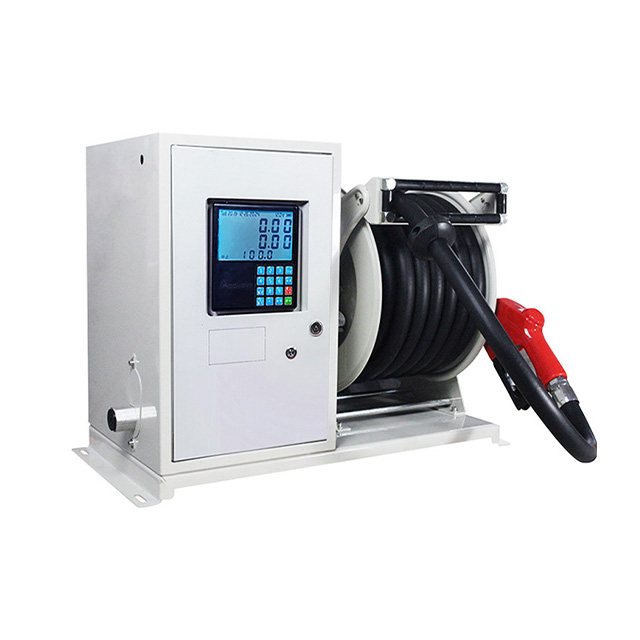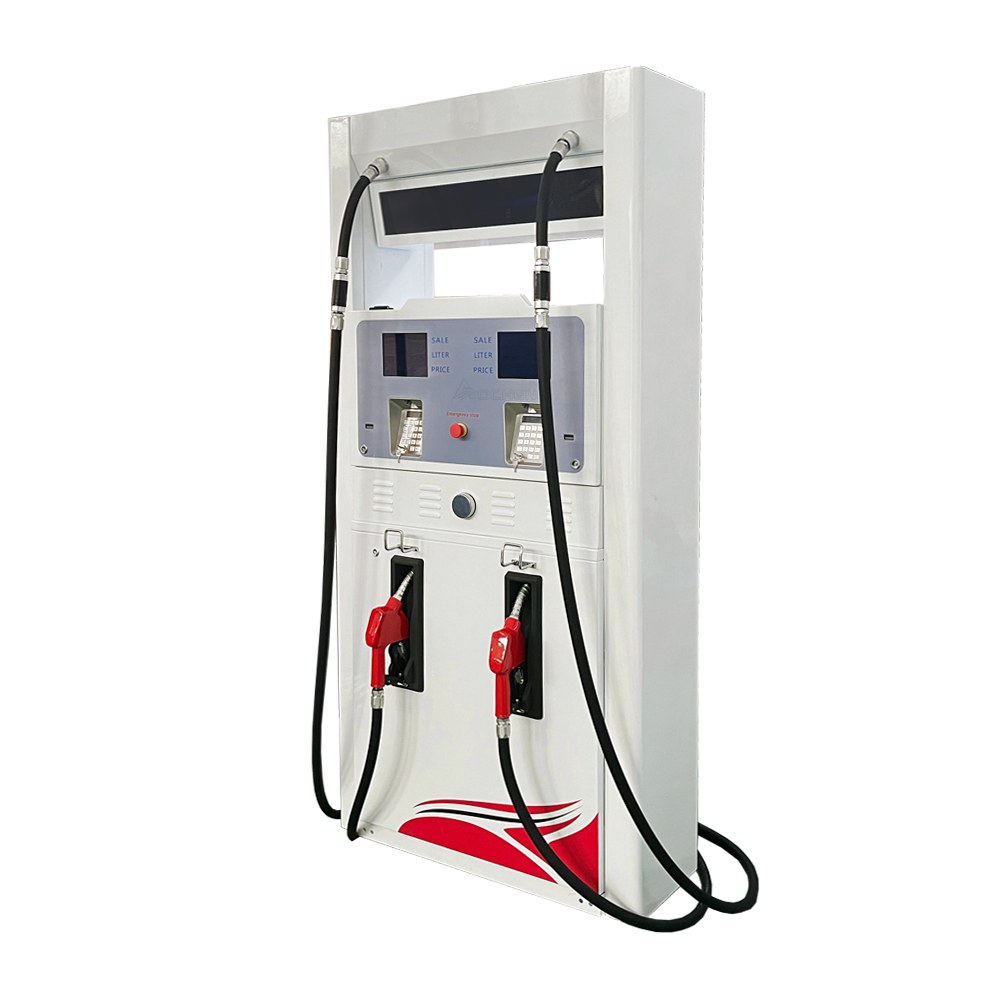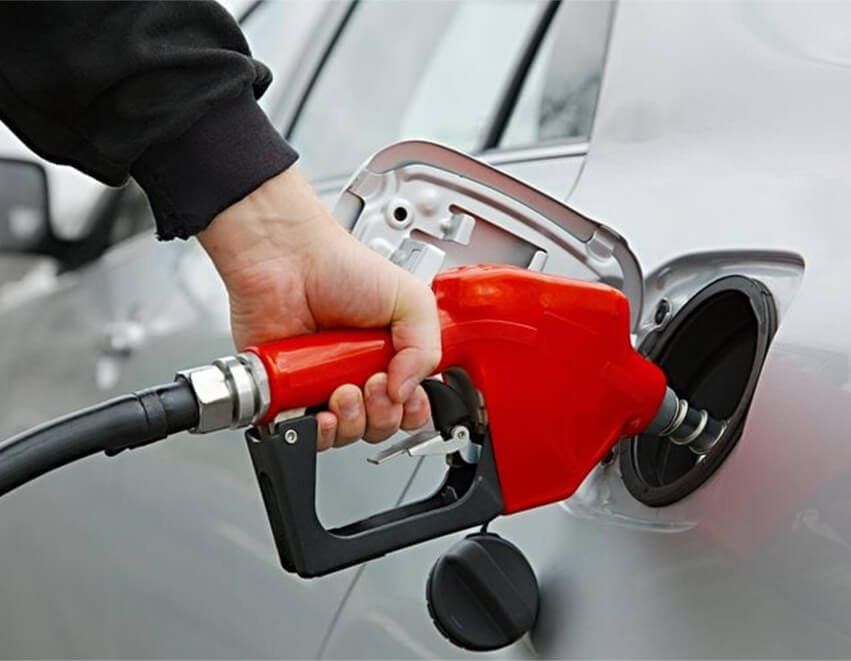Fuel dispensers play a vital role in various industries. They ensure vehicles and machinery receive the necessary fuel to operate efficiently. While traditional fuel dispensers are a common fixture at gas stations, portable fuel dispensers offer unique benefits for specific situations. For one, both types of dispensers can act as a joint dispenser (provides different […]
Fuel dispensers play a vital role in various industries. They ensure vehicles and machinery receive the necessary fuel to operate efficiently. While traditional fuel dispensers are a common fixture at gas stations, portable fuel dispensers offer unique benefits for specific situations. For one, both types of dispensers can act as a joint dispenser (provides different type of fuel) or an oil dispenser machine.
We’ll discuss more about their differences in this blog. By so doing, you would know which is the best choice for your requirements.
One of the standout features of portable fuel dispensers is their mobility. These units can be easily transported to different locations. They have all the necessary components that traditional fuel dispenser has. These include a gas pump nozzle and gas pump dispenser.
This makes them ideal for remote areas or situations where access to a traditional gas station is limited. The mobile feature is helpful for industries such as construction, agriculture, and emergency services.
Industries where fuel needs to be delivered directly to the point of use. Portable fuel dispensers can be loaded onto trucks or trailers. It lets businesses refuel vehicles and equipment on-site. They don’t need a fixed fueling infrastructure.

In contrast, traditional fuel dispensers are fixed at gas stations or depots. They are not designed for mobility and are permanently anchored to a specific location. This limits their flexibility. But, it ensures a stable and consistent fuel supply. This makes them suitable for high-traffic areas where large volumes of fuel are dispensed daily.

Explore More Our Fuel Dispenser>>>
Portable fuel dispensers are compact and self-contained. They are designed to handle smaller-scale fueling needs. Due to their size, they have a limited fuel capacity compared to traditional dispensers. This makes them suitable for businesses that need a moderate amount of fuel. Examples are construction sites, farms, or marinas.
Traditional fuel dispensers are part of larger facilities. They are often with many dispensing units, convenience stores, and other amenities. They are connected to large underground or above-ground fuel storage tanks. This enables them to dispense significant volumes of fuel continuously.
This high capacity is ideal for commercial gas stations. Where a large number of vehicles need to be refueled quickly and efficiently.
Operating a portable fuel dispenser is less expensive than a traditional fuel station. These dispensers need less infrastructure and equipment, resulting in lower overhead costs. Portable dispensers offer a cost-effective solution for businesses with small-scale fueling needs. But, the ongoing costs of transportation and setup should also be considered.
Traditional fuel dispensers need a significant initial investment. Particularly due to the infrastructure needed for installation. Such as fuel storage tanks, electronic systems, and safety measures. For businesses that need to dispense large volumes of fuel, traditional dispensers can be more cost-effective in the long run.
This is a key advantage of portable fuel dispensers. These units can be customized to dispense gasoline, diesel, or biodiesel. They can meet specific fueling needs. They can also have features like payment systems, security cameras, and environmental sensors. This adaptability makes portable dispensers a versatile option. Most especially for businesses with specialized fueling requirements.
Traditional fuel dispensers are less flexible mobility. They offer advanced technological features that enhance efficiency and security. These include automated fuel dispensers, digital meters, and integrated payment processing systems. Although they are not customizable in the same way as portable dispensers. They provide a robust and reliable solution for high-volume fueling operations.
Portable fuel dispensers have fewer regulations than gas stations. But, they must still adhere to certain safety and environmental standards. The mobility of these units can present unique challenges. They must ensure that fuel dispensing equipment is properly secured. Also, adequate fire suppression systems should be in place.
Traditional fuel dispensers are heavily regulated. There are strict federal, state, and local laws. They govern all aspects of design, construction, operation, and maintenance. These regulations ensure safety, protect the environment, and handle hazardous materials. Compliance with these regulations is critical for avoiding fines, shutdowns, or other legal issues.
Safety is a critical consideration for portable fuel dispensers. Especially due to their mobility and smaller size. It’s vital to secure the equipment during transport. Also, safety protocols must be followed during operation. This will prevent accidents and spills.
Traditional fuel dispensers have many safety features. They prevent leaks, spills, and other hazards. Their fixed location allows for better safety measures. These include advanced fire suppression systems and regular inspections. These features make traditional dispensers generally safer for high-volume fueling operations.
Choose between a portable and a traditional fuel dispenser. It depends on your business’s specific needs. Portable fuel dispensers are mobile, flexible, and cost-effective. They are ideal for small or remote fueling operations. In contrast, traditional fuel dispensers are for high-volume, fixed locations. They offer high capacity, advanced tech, and better safety. Knowing the differences between these two dispensers will help you. Each has its pros and cons. This will guide you to the best choice for your fueling needs. If you are looking for a reliable manufacturer for all your fuel dispensing needs, Aocheng is here to help. We offer high-quality fuel dispensers. They are tailored to your needs. You can choose a portable unit for on-the-go fueling. Or, a traditional dispenser for your gas station.




